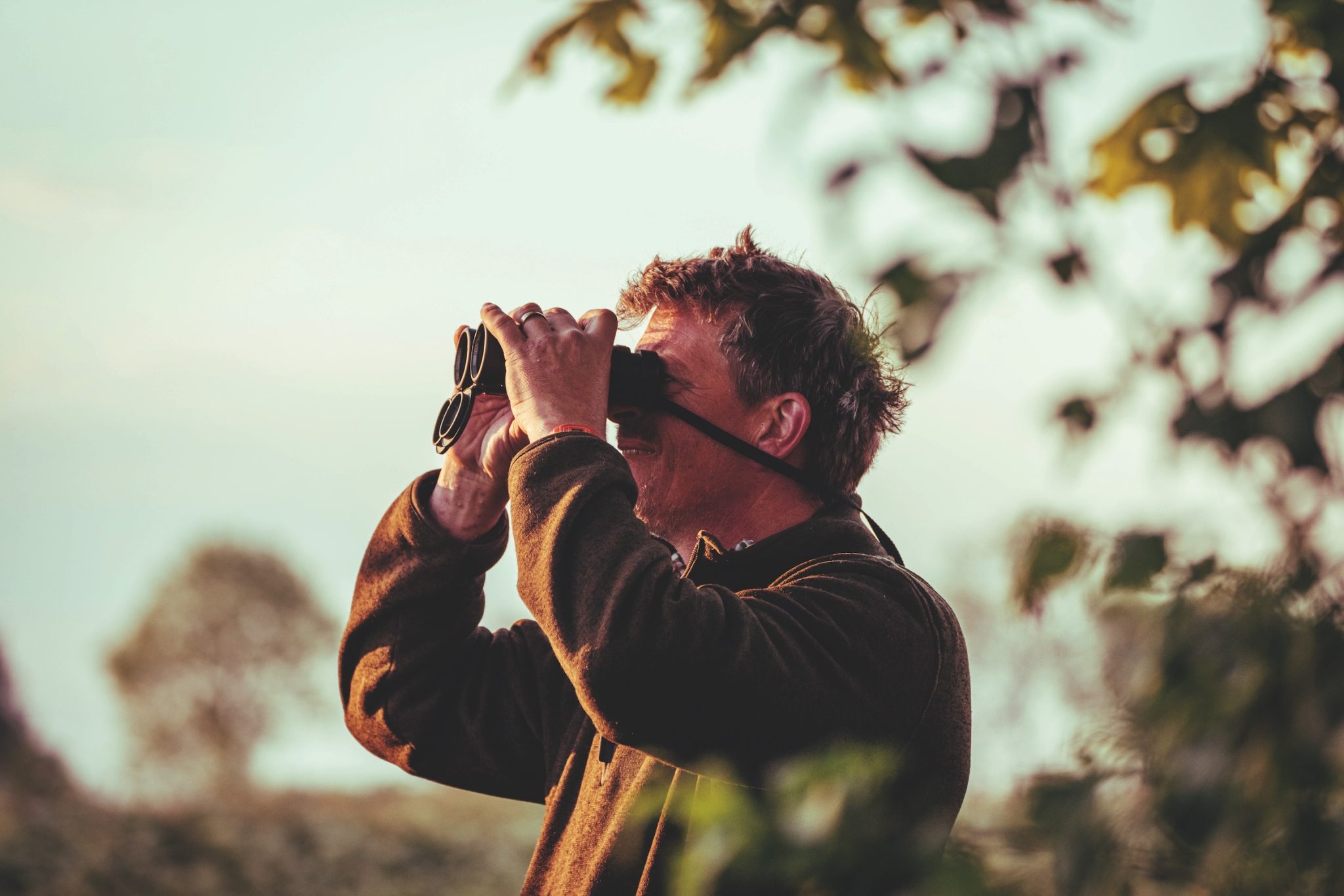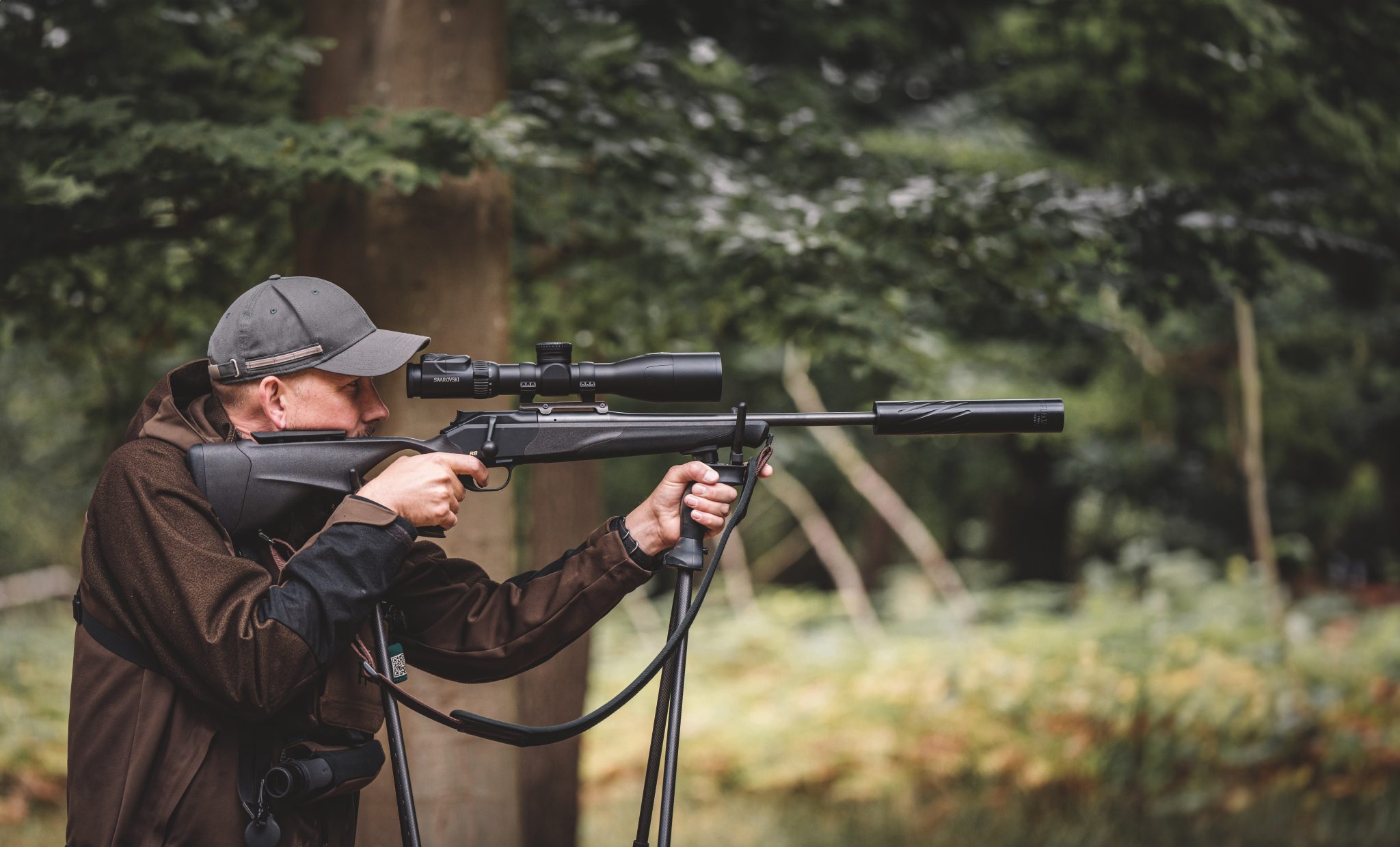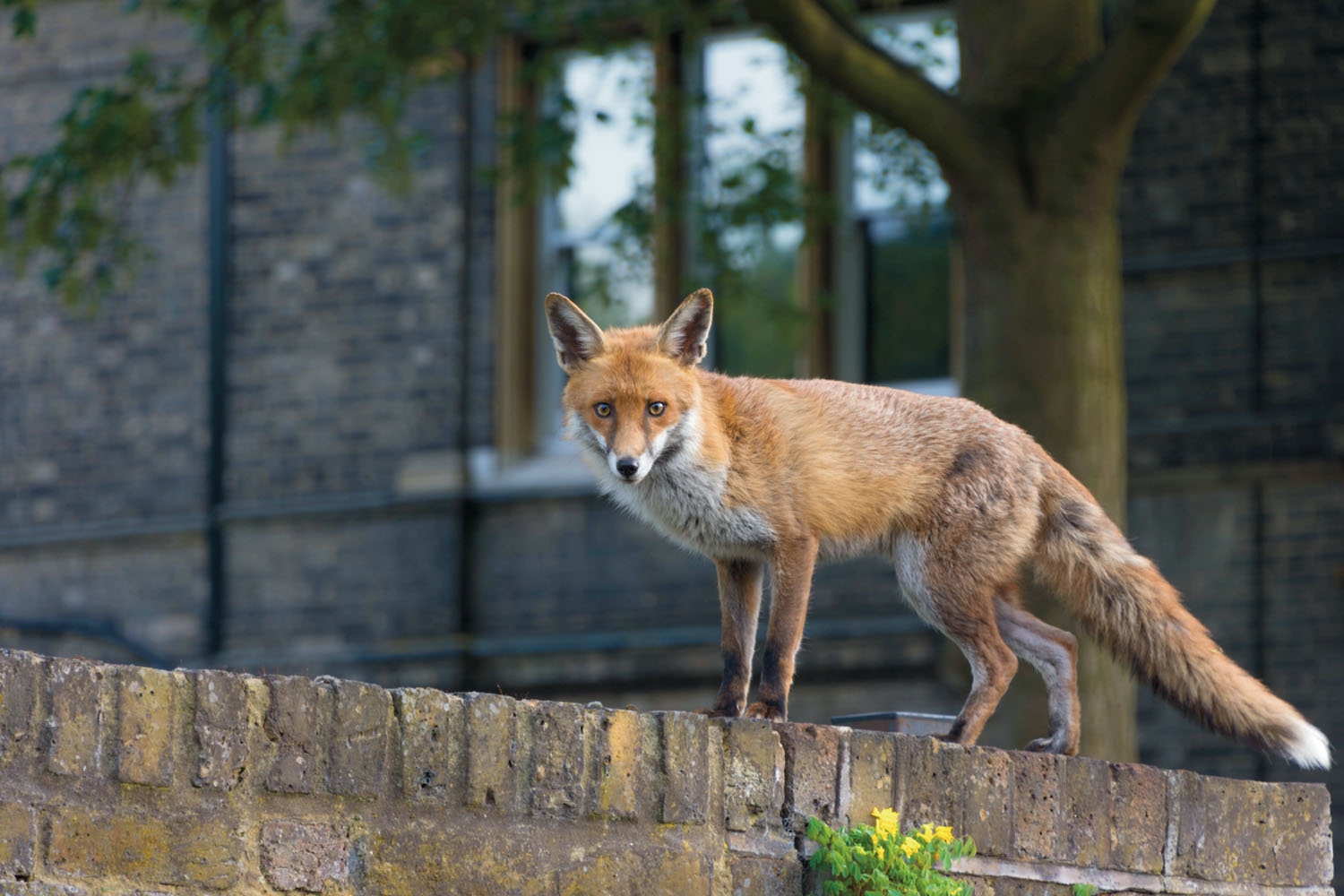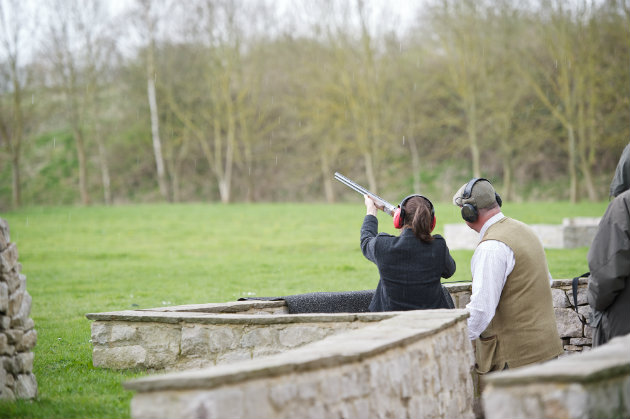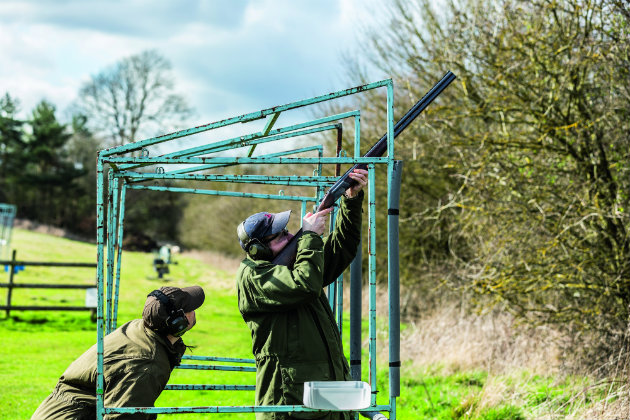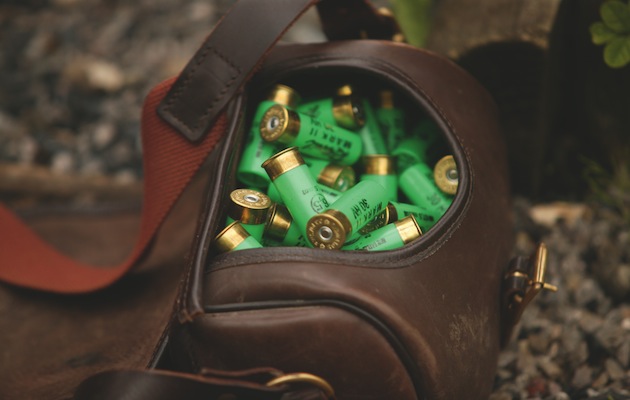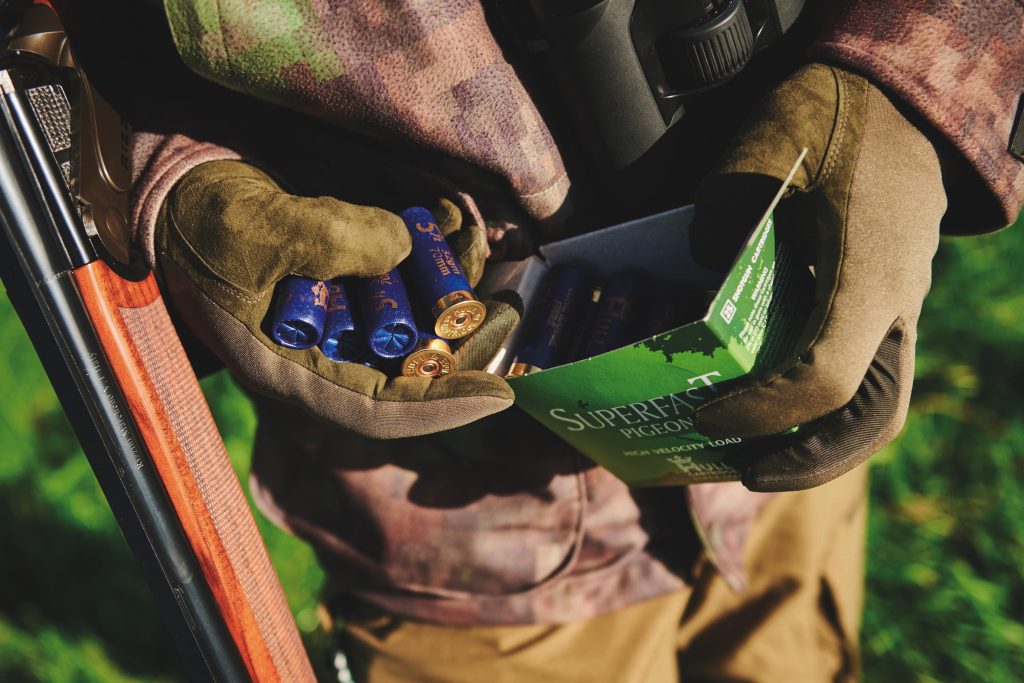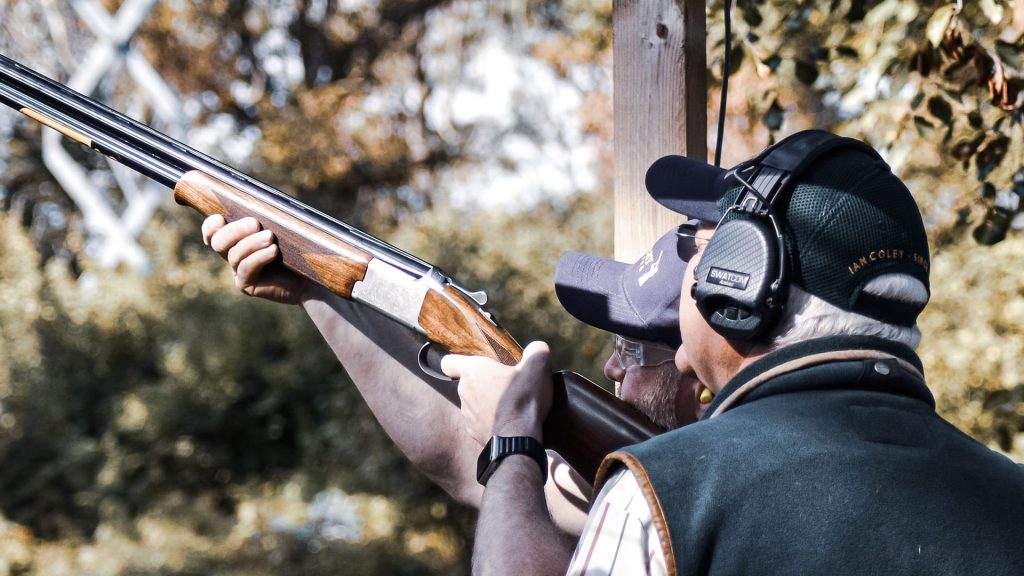Unfortunately many people are put off shooting early in their career due to having a bad experience with gun recoil.…
★ Win a Schöffel Country shooting coat for everyone in your syndicate worth up to £6,000! Enter here ★
Our beginner’s guide to shooting – what you need to know
Beginner's guide to shooting: Here we have the answers to some of the questions you have asked about starting shooting.
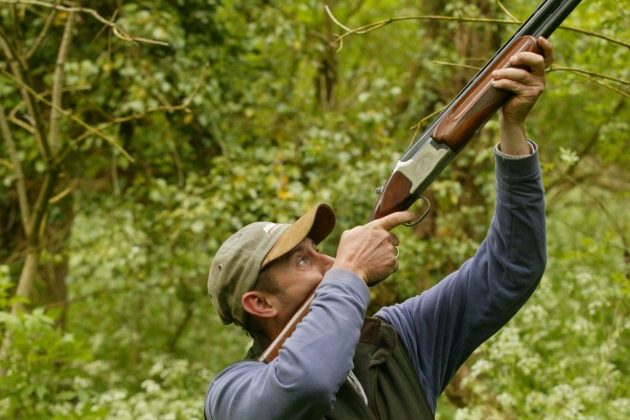
Q: A shooting friend has offered to teach me to shoot and says we’ll start by going out over a farmer’s fields where we have permission. Is this a good way to learn? Or do you think I should invest in lessons at a shooting school or with a qualified instructor?
A: Presumably you don’t have a shotgun certificate yet. If that is so, you can use a borrowed gun from your friend on private land for live quarry and clayshooting. The gun must be used in the presence of either the occupier of the private premises or persons authorised by them in writing. The borrower must be in the presence of the lender of the gun, who must be aged 18 or over and have a valid shotgun certificate.
One of our top recommendations in this beginner’s guide to shooting is that you have some lessons at a proper school or with an instructor, because there are many legal, safety and insurance questions involved here. In addition, you should not learn to shoot on live quarry.
Q: I’ve had a few lessons now and so I want to borrow a club gun and go out on my own around the ground’s layouts. When can I do this?
A: This all depends on the rules of the shooting ground – there is no legal issue provided the ground is registered correctly with the police. That said, we’d say that virtually all grounds would rather you went round with an experienced shooter – there’s always something you can learn – until you get your own shotgun certificate.
Starting shooting – how to find an instructor
Getting going – will you get a thump in the shoulder? The thought of firing a shotgun for the first…
Q: I’m a bit concerned about damaging my shoulder – people have told me that a 12-bore shotgun generates a really powerful recoil. Is this true? I am a beginner and don’t want to get an injury right at the beginning.
A: You could get a bit of bruising when you take your first lessons. However this can be minimised by mounting the gun properly to your shoulder, which you will be taught to do. You should also wear a shooting jacket or waistcoat with some padding in the appropriate shoulder.
Q: What happens if my application for a shotgun licence is refused? Is there a way I can appeal?
A: Yes, you can challenge a refusal to grant or renew a shotgun certificate in court. Advice can be obtained by shooting organisations such as the British Association for Shooting and Conservation (BASC). If you want to take things further, you can also instruct a specialist solicitor.
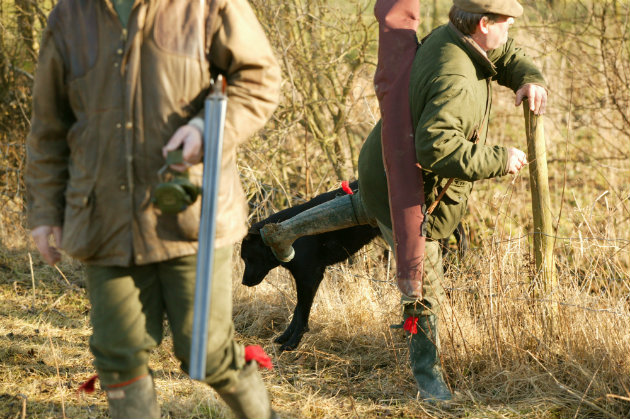
If it’s not in its slip, you always have your gun broken and unloaded when walking between drives
Q: What is the law concerning carrying guns in the street – say when I am walking to and from my car, or taking my gun to a gunsmith for repair?
A: Guns (obviously not loaded) must be carried in a container, from within which they cannot be loaded or fired. A gun slip, or carrying case, available from any gun shop is what most shooters use. You could also use a sealed cardboard box, like the one in which a new gun may have been supplied.
Q: I’m worried that I might be fleeced by a dealer and sold a dud gun. What are my rights as a purchaser?
A: This is unlikely to be an issue as standards in the UK gun trade are very high. However the purchase of a gun is the same as buying any other consumer item. If you have a problem the dealer has to fix it within a reasonable time, offer you a gun of equal value or refund your money.
Q: I’ve seen a gun I want advertised by a dealer but the shop is over a hundred miles from my home. Can I buy the gun online and have it delivered to me?
A: By law, all gun transactions have to be made face-to-face between the buyer and the seller. In cases like this, the only way to avoid a long round trip is to get the seller to send the gun to a registered dealer in your area. If you do this, expect to pay a handling charge to your local dealer, plus carriage costs on the gun.
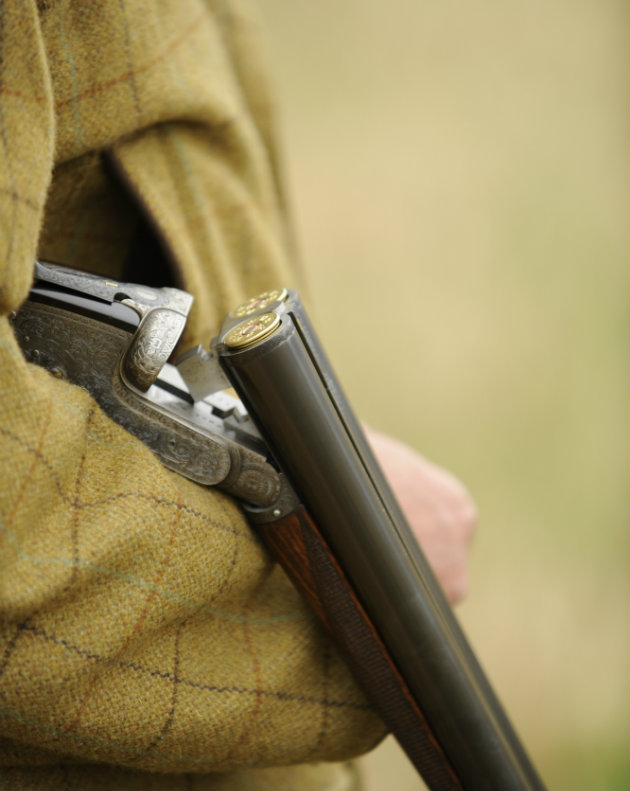
It’s too late to start moaning about your clothes restricting your swing on shoot day. Sort it out beforehand and you will feel more comfortable and shoot better
Q: I keep hearing about ‘shooting etiquette’. What is it and what does it have to do with me?
A: Shooting etiquette and manners are much more than saying please and thank you. Behaving correctly means behaving safely, treating the gamekeeper, loaders, shoot cook, beaters and pickers-up respectfully and wearing the right clothes. When you are out shooting you are an ambassador for the sport, and you want to show it in the best possible light. Oh, and eating what you shoot is also part of the etiquette.
Q: I would like to try all the different clay disciplines, but I wonder if my gun will be suitable?
A: The most adaptable gun for any newcomer is a sporter – in other words, one designed for the English Sporting discipline. With a sporter you can tackle sporting and skeet, and most are also highly suitable for fieldshooting. You can also shoot the trap disciplines with a sporter, but not brilliantly. If you want to shoot trap seriously, get a specialist trap gun – but don’t expect it to be suitable for anything else.
Q: What is the law when it comes to buying cartridges?
A: Before you get your shotgun certificate you can buy cartridges on a registered shooting ground but you will be unable to take them away to use anywhere else. They can only be used at the ground where they have been bought. Usually, your instructor will take charge of the cartridges you have paid for.
When you have your shotgun certificate you will need to produce it whenever and wherever you buy cartridges and you can buy them where you like. You also have to make the purchases in person – you can’t give your certificate to a friend to get cartridges for you.
Related Articles
Get the latest news delivered direct to your door
Subscribe to Shooting Times & Country
Discover the ultimate companion for field sports enthusiasts with Shooting Times & Country Magazine, the UK’s leading weekly publication that has been at the forefront of shooting culture since 1882. Subscribers gain access to expert tips, comprehensive gear reviews, seasonal advice and a vibrant community of like-minded shooters.
Save on shop price when you subscribe with weekly issues featuring in-depth articles on gundog training, exclusive member offers and access to the digital back issue library. A Shooting Times & Country subscription is more than a magazine, don’t just read about the countryside; immerse yourself in its most authoritative and engaging publication.



